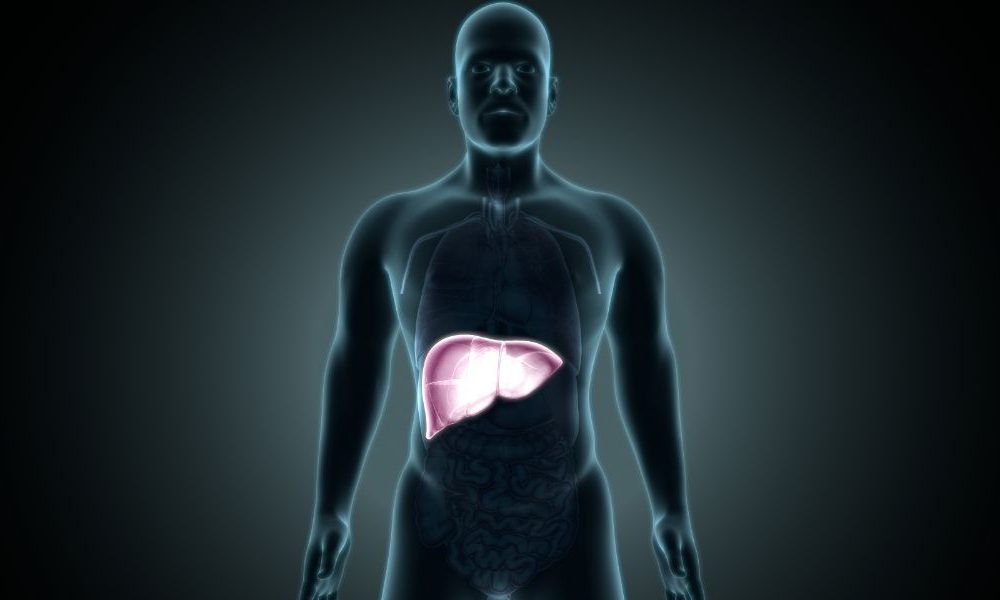- Empty cart.
- Continue Shopping
How the Body Processes Sugar

Sugar, in various forms, is a common component of our diet, and it serves as a source of energy for the body. However, understanding how the body processes sugar is crucial for maintaining overall health, as excessive sugar consumption can lead to various health issues, including obesity, type 2 diabetes, and cardiovascular diseases.
Types of Sugar
Before diving into the process of sugar metabolism, it’s essential to distinguish between the different types of sugars:
- Glucose: This is the primary sugar used by the body for energy. It is found in various carbohydrate-containing foods like bread, pasta, and fruits.
- Fructose: Often found in fruits and honey, it is metabolized primarily by the liver.
- Sucrose: Common table sugar, composed of glucose and fructose molecules.
- Lactose: Found in milk and dairy products, composed of glucose and galactose molecules.
Sugar Digestion and Absorption
The digestion and absorption of sugar primarily occur in the digestive system, specifically in the small intestine. Here’s how it happens:
- Oral Phase: The digestion process begins in the mouth. Salivary amylase, an enzyme, starts breaking down complex carbohydrates into simpler sugars like glucose and maltose.
- Stomach Phase: Digestion continues in the stomach, where gastric juices and enzymes further break down carbohydrates.
- Small Intestine Phase: Most of the sugar absorption occurs in the small intestine. Enzymes like sucrase, lactase, and maltase break down complex sugars into their individual glucose, fructose, and galactose components.
- Absorption: Once broken down into monosaccharides (glucose, fructose, and galactose), these sugars are absorbed through the intestinal wall into the bloodstream.
Blood Sugar Regulation
After absorption, glucose enters the bloodstream and is transported to cells throughout the body. To ensure stable blood sugar levels, the body relies on the hormones insulin and glucagon, which are produced by the pancreas.
- Insulin: When blood sugar levels rise (e.g., after a meal), the pancreas releases insulin into the bloodstream. Insulin helps cells take in glucose for energy or storage. It also promotes the conversion of excess glucose into glycogen (stored glucose) in the liver and muscles.
- Glucagon: When blood sugar levels drop (e.g., between meals), the pancreas releases glucagon. Glucagon signals the liver to convert glycogen back into glucose, which is released into the bloodstream to maintain energy levels.
Energy Production
Once glucose is inside the cells, it undergoes a series of chemical reactions in a process called glycolysis to produce adenosine triphosphate (ATP), the body’s primary energy currency. The complete oxidation of glucose occurs in the mitochondria, producing a substantial amount of ATP.
Excess Sugar Storage
When you consume more sugar than your body needs for immediate energy, the excess glucose is stored for later use:
- Glycogen: Excess glucose is converted into glycogen and stored in the liver and muscles. This stored glycogen can be broken down back into glucose when needed.
- Fat: If glycogen stores are full, the body converts excess glucose into fat and stores it in adipose tissue for long-term energy storage.
Impact of Excessive Sugar Consumption
While sugar is a vital energy source, excessive sugar consumption, especially in the form of added sugars found in sugary beverages, processed foods, and sweets, can have adverse effects on health. Overconsumption of sugar can lead to:
- Weight gain and obesity
- Insulin resistance and type 2 diabetes
- Increased risk of cardiovascular diseases
- Dental cavities
- Non-alcoholic fatty liver disease (NAFLD)
- Inflammation and oxidative stress in the body
In Conclusion, Understanding how the body processes sugar is essential for making informed dietary choices and maintaining overall health. While sugar is a necessary source of energy, it’s crucial to consume it in moderation and prioritize natural sources of sugar found in fruits, vegetables, and whole grains. Reducing the intake of added sugars from processed foods and sugary beverages can significantly contribute to better health outcomes.








